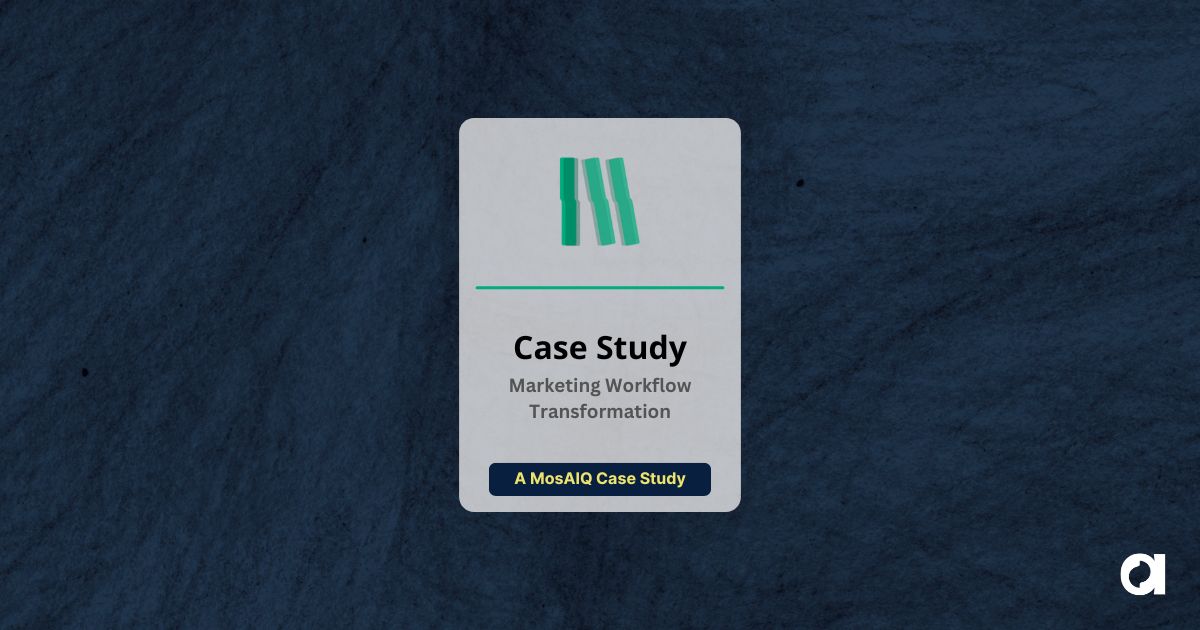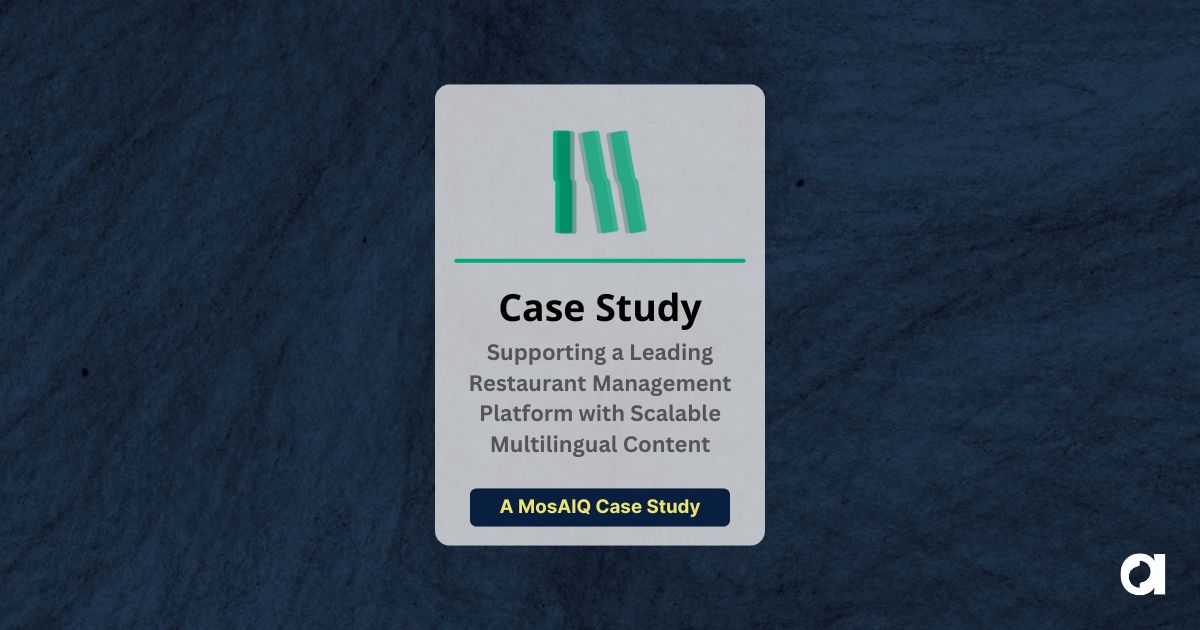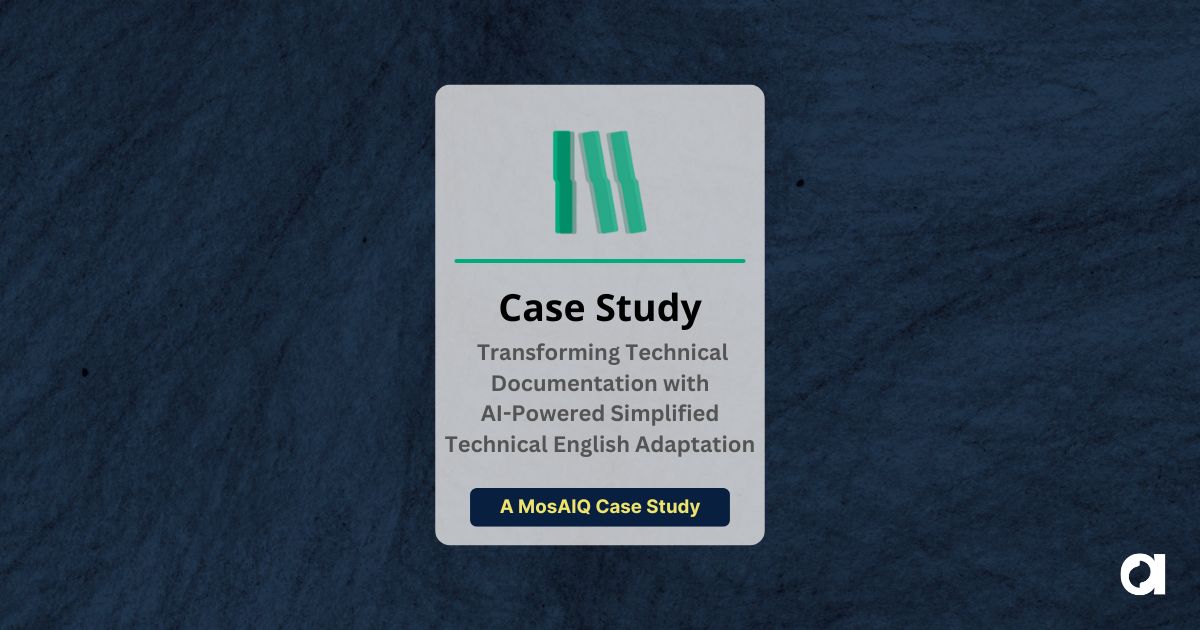When you’re localizing materials that are highly personal to the user—career materials, personal stories, content for employee engagement, and culture—the stakes are high, and the room for interpretation is large. When you need to make decisions based on personalized factors, you need localized materials that accurately represent the personal.
And when someone’s personal experience hangs in the balance, a nuanced understanding of culture, emotion, and business norms are vital.
Whether you’re localizing your own career materials or taking your HR software global, we’ve gathered some guiding principles below to help you create materials that land every time, in every language.
Put emotions and culture at the center
Deeply personal content often operates on emotions that are an effect of the words but not strictly in the words themselves. For example, if you’re localizing HR technology, workplace norms vary significantly across cultures. Should applicants attach a picture to a resume? What length of resumes should you accept? Should you write code to read a resume or CV?
This is where research can help answer the question. For some of the more concrete professional norms and expectations, understanding cultural nuances can help guide your decisions. In any language and culture, human resources professionals need to get a sense of the candidate as an individual beyond the qualifications on the page, and research can help you finesse your approaches.
For the more emotional aspects of personal presentation—tone, personality, and more—thinking about how your audiences will likely interpret your application is also crucial. How we describe our emotions while speaking and how we read emotions on the page are totally different experiences—and are informed by culture.
For example, in the US, applicants often talk about “dream jobs” because US workplace culture conflates jobs and personal identities. For European applicants, the idea of a “dream job” would sound a little off. European applicants might focus more on finding a “desired job” that aligns with their life but doesn’t define it. Without localization and attention to culture, a European employer reading a cover letter written by a US applicant might find the focus on identity a little overwhelming, whereas a US employer reading a European cover letter might be surprised by the detachment.

Tap into your community
It’s no secret that cross-collaboration is the heart of the localization industry. Bringing stakeholders, subject matter experts, and in-country linguists together for a cultural assessment at the start of any project is a great way to set your project up for success. With a wide pool of reviewers and contributors, the localization team can gain a global understanding and build a document or a product with a highly local focus.
Linguists are star players in high-stakes localization projects, so be sure to involve linguists alongside your company or client stakeholders. Nowadays, many linguists spend a lot of time thinking about the nuances of digital products and online presence. They’ll be able to help you get the language and cultural aspects right from the start.
[form_newsletter]
Define before you measure
Culture is difficult to build into metrics, but it’s often the standard that makes or breaks localized materials. How do you define something as nebulous as culture? And how do you make it visible within your metrics and goals?
One approach is to point out differences among cultures and connect those to differences in product, approach, marketing, and results for your colleagues. A slight change in tone might lead to either more or less audience engagement–and suddenly, you can discuss culture in relation to metrics.

To help your colleagues understand the importance of culture, spend some time thinking about how culture affects your team’s decision-making and how you can make those decisions visible in relation to your team’s KPIs.
This post is based on the Global Ambitions episode “Bold Localization: When the User’s Personal Stakes are High” with Leah Mori, Head of Product Localization at BOLD. To learn more about the nuances of localizing career materials for a global market, check out the full episode!
 Argos Multilingual
6 min. read
Argos Multilingual
6 min. read
As a marketer, you must go where your audiences are. The world is becoming increasingly connected, and while seemingly everyone is plugged into Facebook or Instagram, these platforms won’t benefit your social media campaigns when trying to reach Chinese audiences. If you’re not marketing on popular platforms of the markets you’re trying to break into, […]

 David De Alfonso
4 min. read
David De Alfonso
4 min. read
Video production and consumption are exploding globally. But when it comes to video localization, there’s much more than meets the eye. What does it actually mean to localize a video properly? Here’s a peek behind the curtain One thing these two client profiles have in common is that they require specific customization or localization of […]











